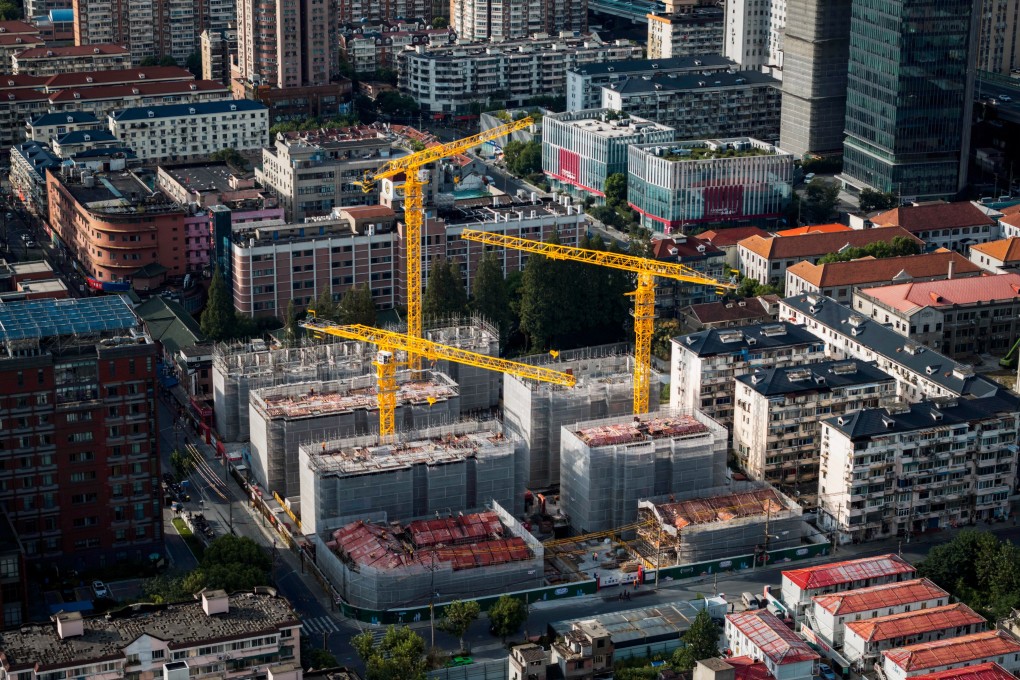Advertisement
The View | Fixing China’s property sector will take social housing, not a new market boom
- A new round of troubles of high-profile developers has added to the urgency policymakers feel to stabilise China’s ailing property market
- While the near-term priority is to stop the bleeding, longer-term reforms such as increasing social housing are needed to put the market on sustainable footing
Reading Time:3 minutes
Why you can trust SCMP
7

China’s real estate market has been undergoing its longest and deepest adjustment since the 1998 reform that gave birth to the commodity housing market. As a pillar industry with extensive reach, the property market woes of the past two years have greatly affected the economy, depressed asset markets and weighed on confidence. Many foreign investors consider it the biggest macroeconomic risk to Chinese assets.
Advertisement
However, as this painful adjustment reaches its second anniversary, there is the lingering question of how and when can China resolve its real estate predicament and bring the sector back from the brink. The urgency to find an answer has become more pronounced lately as the financial troubles of high-profile real estate developers such as Country Garden have started to rattle markets again.
To be sure, this is an issue concerning not just the property market but the entire economy and even systemic financial stability. A three-pronged strategy – ranging from near-term actions to medium and long-term reforms – is needed to tackle this challenge.
The near-term priority has to be to stop the market bleeding. Following the Politburo’s pledge to refine housing policies in line with changing market fundamentals, the People’s Bank of China, the Ministry of Housing and Urban-Rural Development, banks and some local governments have devised more detailed action plans.
These include cutting mortgage interest rates and down payment ratios, redefining first-time homebuyers, and supporting second home purchases and upgrade needs. The Politburo has also called for expediting the completion of unfinished projects and increasing social housing provision and shantytown renovation in large cities.
Advertisement
The policy list is long and comprehensive, but its success will depend on execution. These actions are aimed at stabilising housing activity rather than engineering another nationwide market boom, which is neither desirable nor feasible.

Advertisement
